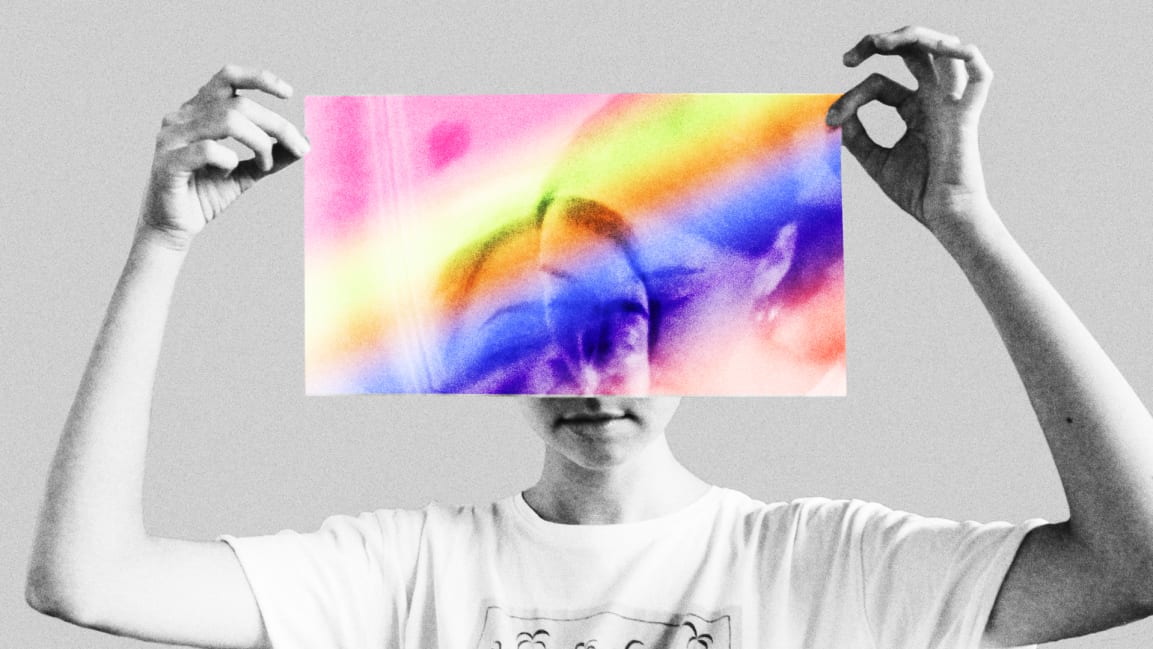
Photo Credit: Pexels
The pandemic has prompted us to reevaluate our approaches and philosophies toward work—not just our work-life balance, but our working lives as a whole. When the world could so suddenly change, what is that we value most?
In August 2021, 4.3 million workers quit their jobs, another dramatic step during the so-called “Great Resignation.” I have explored a variety of creative outlets over the last few years, from creating music to an online design store to dabbling NFTs. When I tell others about my various creative endeavors, many people respond that they “wish they could do something like that” and tell me they don’t believe they are a creative person. Creativity is a skill that can be developed over time, and it can lead you down paths and into careers you never considered.
CREATE FOR YOURSELF FIRST
One of the biggest obstacles to creativity is fear, and worrying about what other people think of your work. When I used to create music, I would ask my friends what they thought. I would cling to every piece of feedback and would be hurt when someone didn’t like the piece of art I had worked so hard on. It would paralyze me from releasing songs and the music would change into something that didn’t feel authentic. I quickly learned that when creating art, don’t ask for feedback, make what feels authentic and true to you.
Octavia Goredema, author of Prep, Push, Pivot: Essential Career Strategies for Underrepresented Women, echoes the sentiment saying, “Don’t get attached to validation. Often, people won’t get what you’re doing while you’re creating something, or even after you’ve created something. That’s okay. Validation often comes long after the hard work is done. Not all opinions are equal.” Value your own opinion and you will feel assured about whatever you create.
TRY NEW SKILLS YOU BELIEVE YOU’RE BAD AT
We tell ourselves we can’t do things before we even consider them a possibility. Then it becomes a habit, involuntary: “I’m not musical,” “I can’t paint,” “I don’t understand poetry,” etc. We believe these things because we may have tried these things once when we were schoolchildren and did not immediately excel or show talent with. I can vouch for this idea of charging ahead. I began making music with zero experience, purely because I love music and now my songs are considered for placement in television shows and movies.
Practice visualization. Mehta Mehta, a global executive creative director at Hogarth Worldwide, suggests, “Visualize in your mind, the moment, the position or the feeling you want to achieve. See it in detail, move around it, make it real in your mind and explore the many possibilities.”
BUILD A COMMUNITY OF FELLOW CREATIVES
Although people often view creativity as an individual effort, that creatives may start for themselves, many creative people I’ve talked to have a community of creative colleagues they engage with on some level or another. These circles are composed of cohorts they trust to bounce ideas off of.
Justin Gignac, a founder, and CEO of Working Not Working, a community for creatives, says, “My most successful personal projects were ideas I sat on for months, even years. The ones that kept popping back up and I couldn’t shake them. I’d tell my friends about the ideas so much that they’d finally ask, ‘That’s great, man, but when are you going to do it?'”
Inspiration can spring from those moments when your friends push you to try something new. Collaboration can also move this process along.
“Learn from the best,” says Meng Kuok, Founder of Bandlab, an app that helps those with no musical experience to create their own songs. “Listen, watch, consume whatever you can find online. Imitate, copy from your favorite artists note for note, stroke by stroke—the more colors you add to your palette by learning from the best, the more ideas and options you’ll have at your disposal when you try to paint your own picture.”
MAKE THE TIME FOR YOURSELF
Creativity requires daily practice, and it’s important to put in the work. Dedicating some time each day is ideal, but that’s not always conducive to every individual’s creative process. Whether it’s a small daily practice or carving out full days for yourself, it’s important to make the time.
“Every day, I challenge myself to come up with a list of 10 new ideas to grow my business,” says Ajay Yadav, founder of Simplified, an application that allows non-creatives and creatives alike to create their own graphics. You don’t have to be lifting heavy weights every day, even a little quick exercise can help keep your creativity fresh.
BUILD UP TO GREATNESS GRADUALLY
You’ll find that even the smallest steps can lead to big strides in progress. Chase Jarvis, CEO of CreativeLive and the author of Creative Calling, underscores the importance of patient effort: “Don’t underestimate the power of creating something small every day, whether that’s a photograph, doing something interesting in the kitchen, or picking up that dusty guitar in the corner. Even for just a moment.”
No matter what your schedule is or what you have going on, it’s possible to bring your dream projects to life. When you dive in and face new challenges, you lead yourself down a path of a more purposeful career and life.



